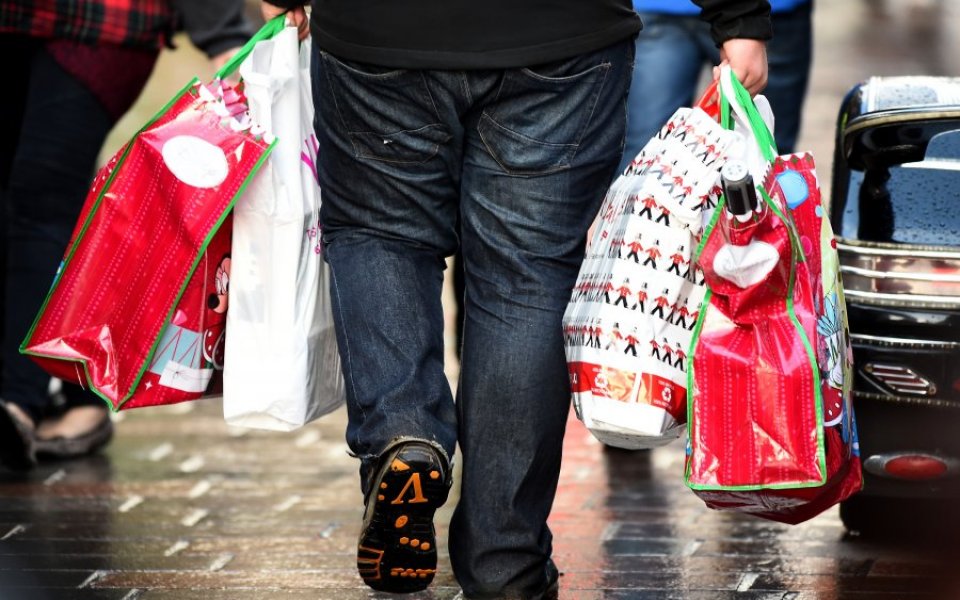Shop prices fall in November as retailers gear up for Black Friday frenzy

Shop prices fell by 2.1 per cent in November, with clothing and electricals leading the way as competition intensified ahead of Black Friday.
Non-food prices fell by 3.3 per cent year-on-year, according data from the British Retail Consortium (BRC) and Nielsen, which was an acceleration on the 2.7 per cent decline recorded in October.
November marks the 32nd consecutive month of non-food price deflation and the 31st for the consumer index overall.
“Although the survey period does not cover Black Friday, it is likely that some retailers were discounting early in November in order to spread consumer spending over a longer period. Electricals for instance saw prices down 4.3 per cent on last year,” BRC chief executive Helen Dickinson said.
Falling oil prices, weaker demand in emerging markets and a stronger pound all contributed to a 0.3 per cent decline in food prices, the BRC said. Coffee, soybean, and cattle feeder, for example, all recorded double digit declines in the 12 months to the end of the survey period.
Despite being tough for retailers, Nielsen head of retailer and business Insight, Mike Watkins, said falling prices will be “another welcome boost for shoppers” as the plan their Christmas shopping spree.
However Dickinson said that this fall in prices only serves to illustrate the challenges facing the industry, made worse by burden of business rates and other costs: "BRC analysis shows that the combined cost of policy announcements since the General Election adds up to approximately £14bn over the next five years.
“The industry will continue to make the case to government, which has extended its review of business rates to early 2016, to properly look at rebalancing this tax away from property intensive industries in order to ensure that the introduction of the living wage does not have unintended consequences on our local communities and jobs," she added.